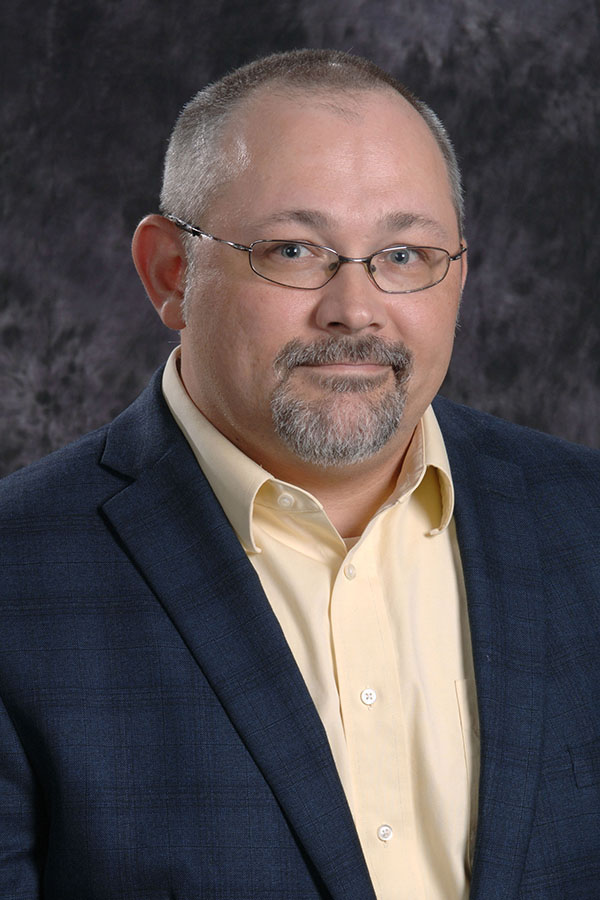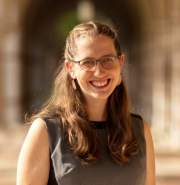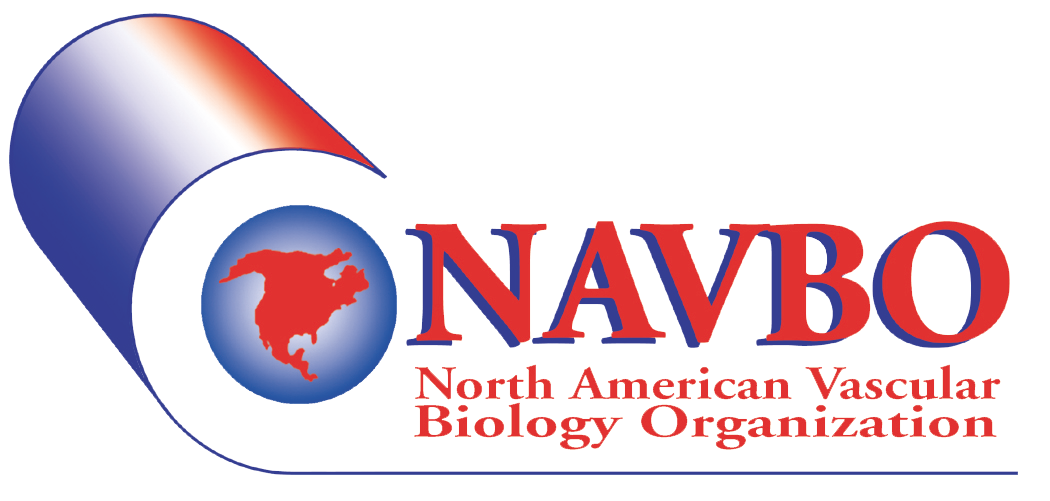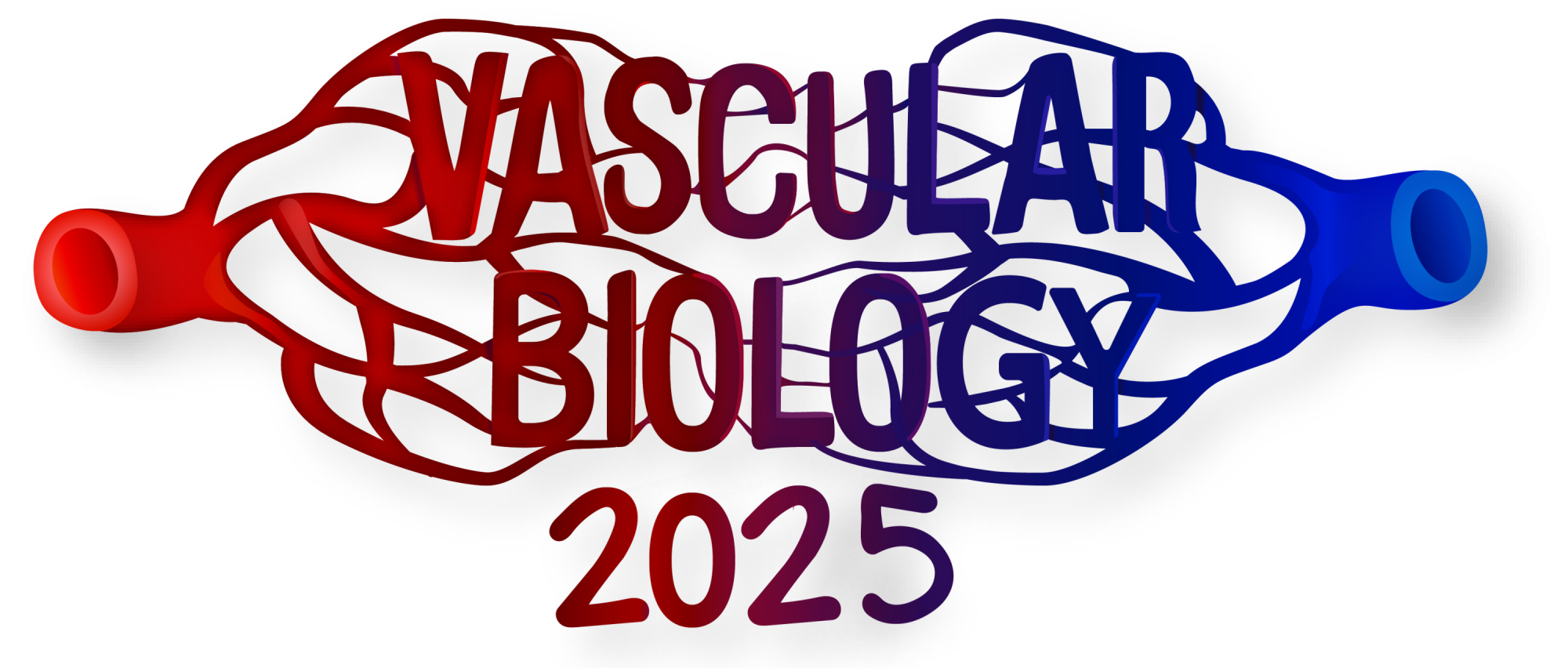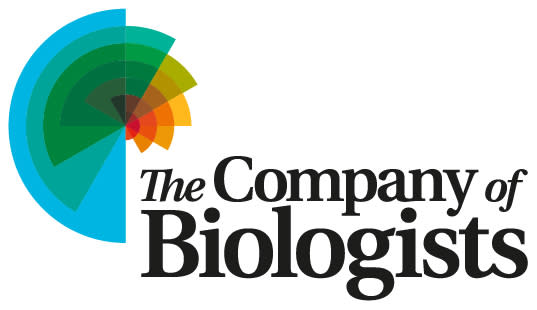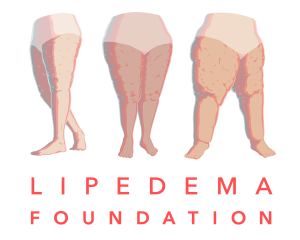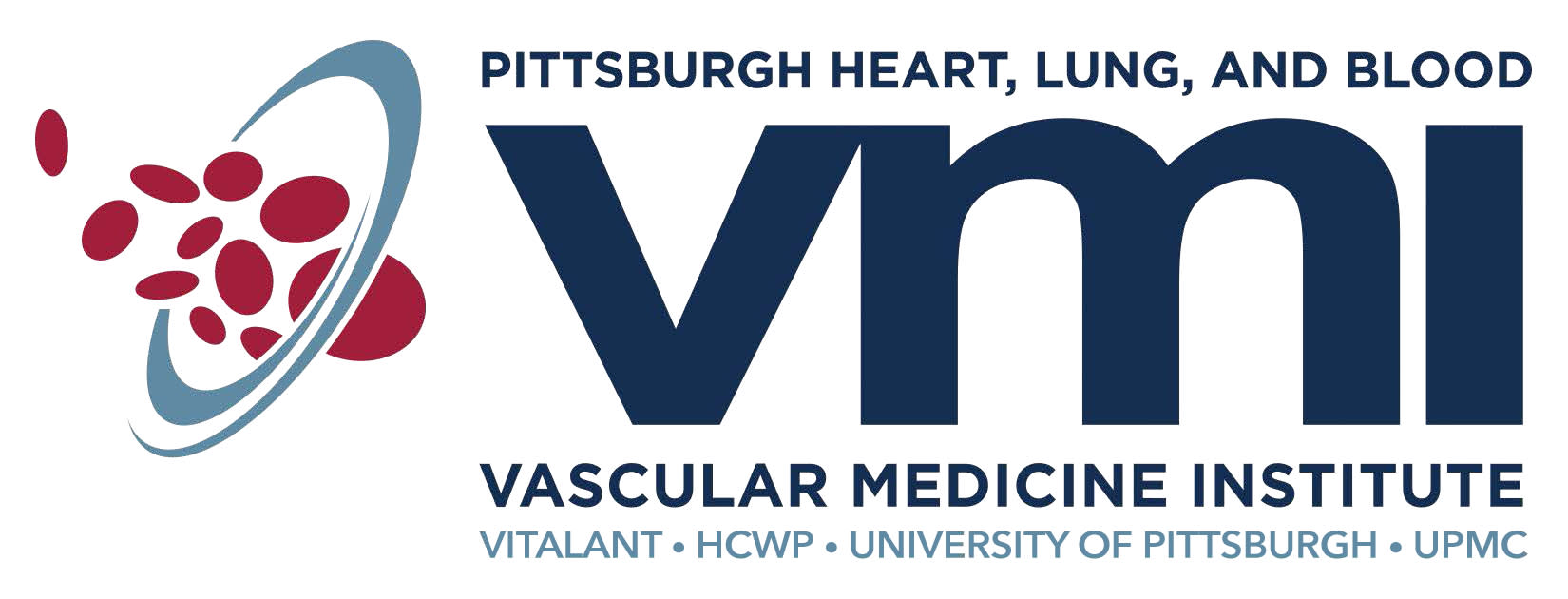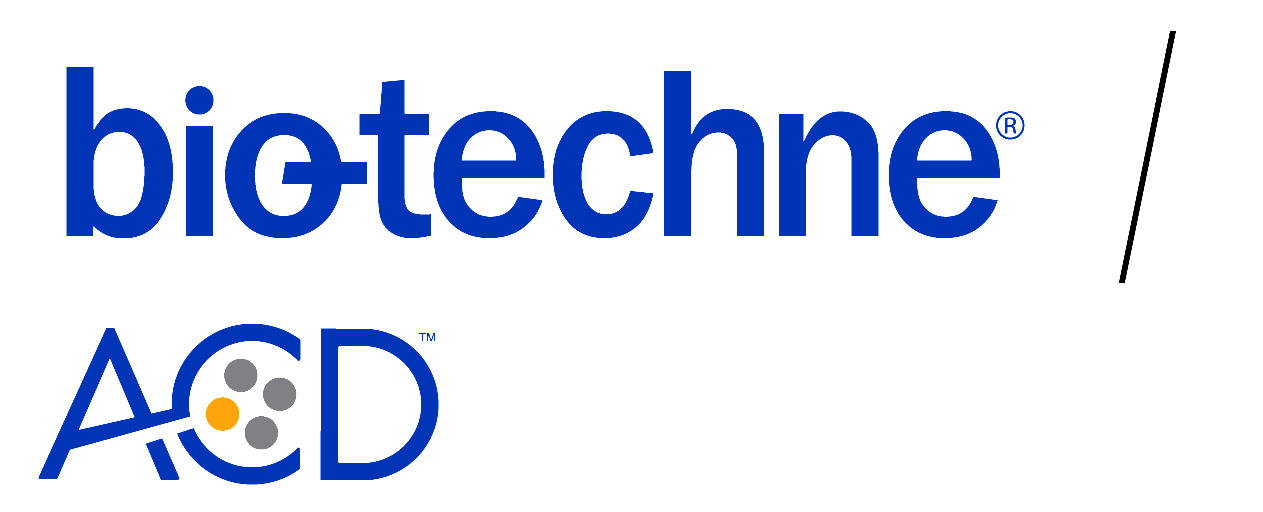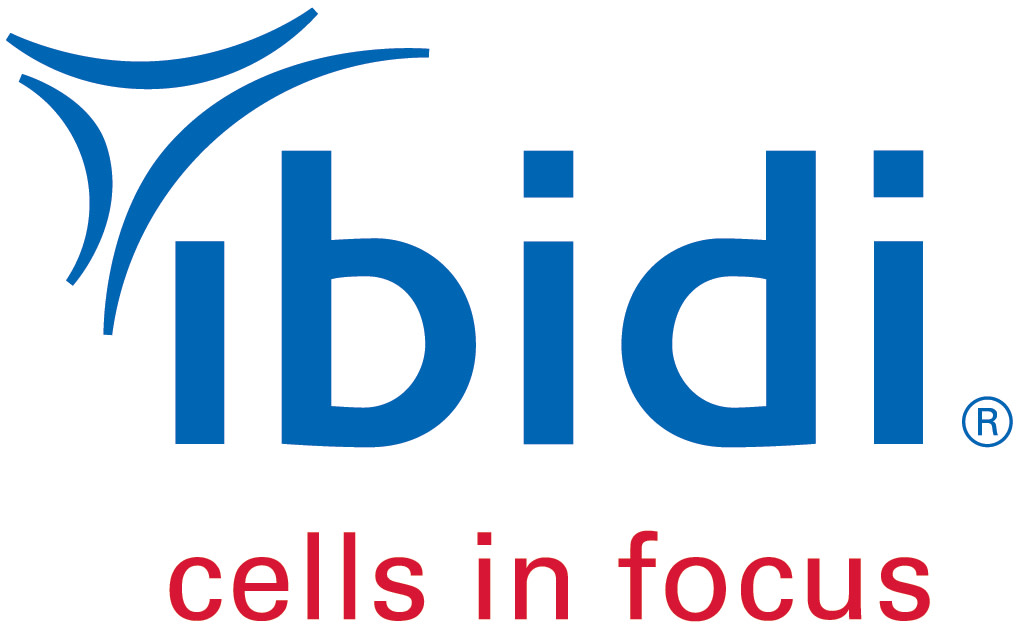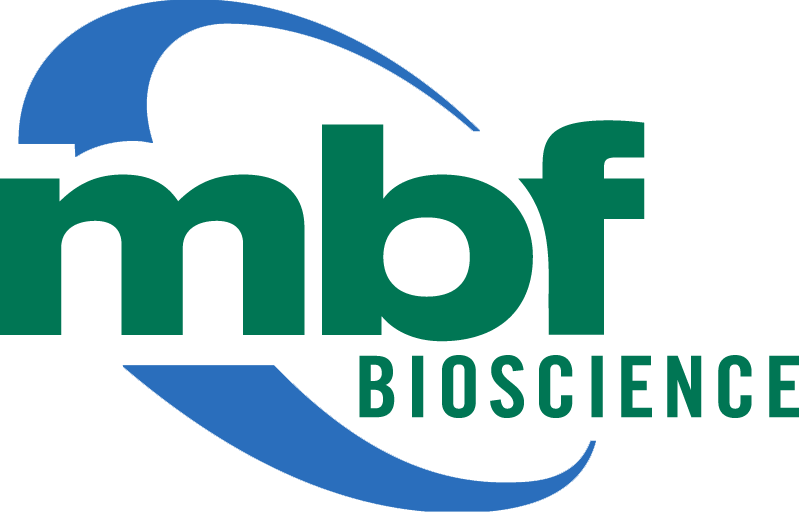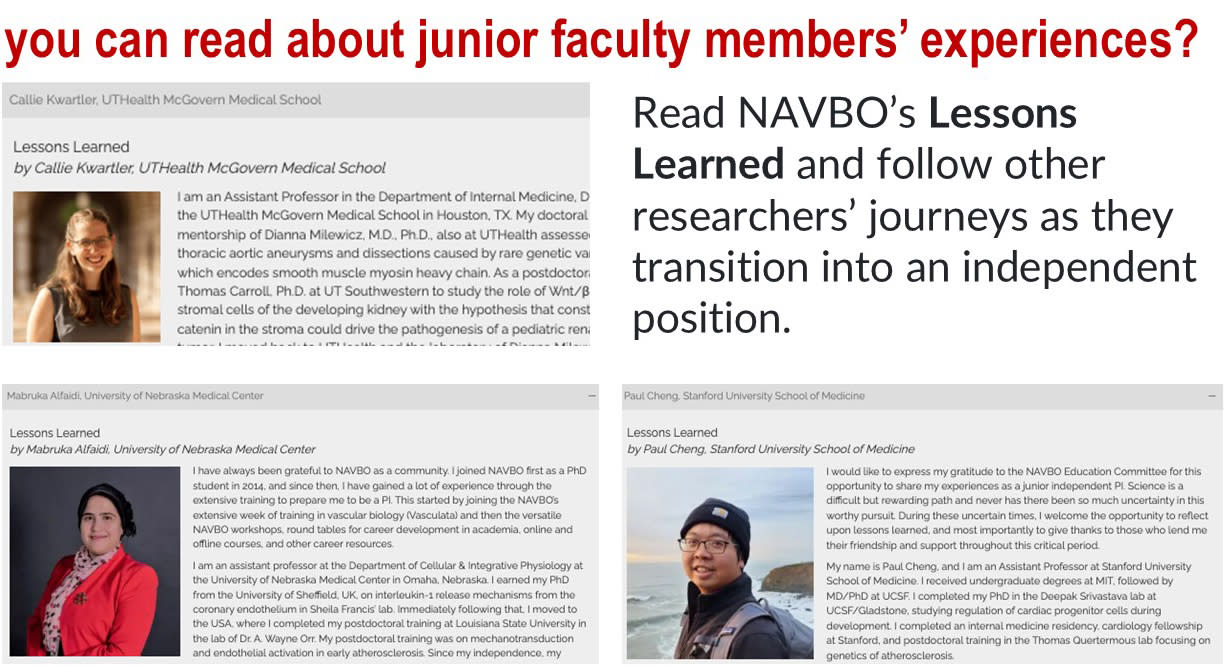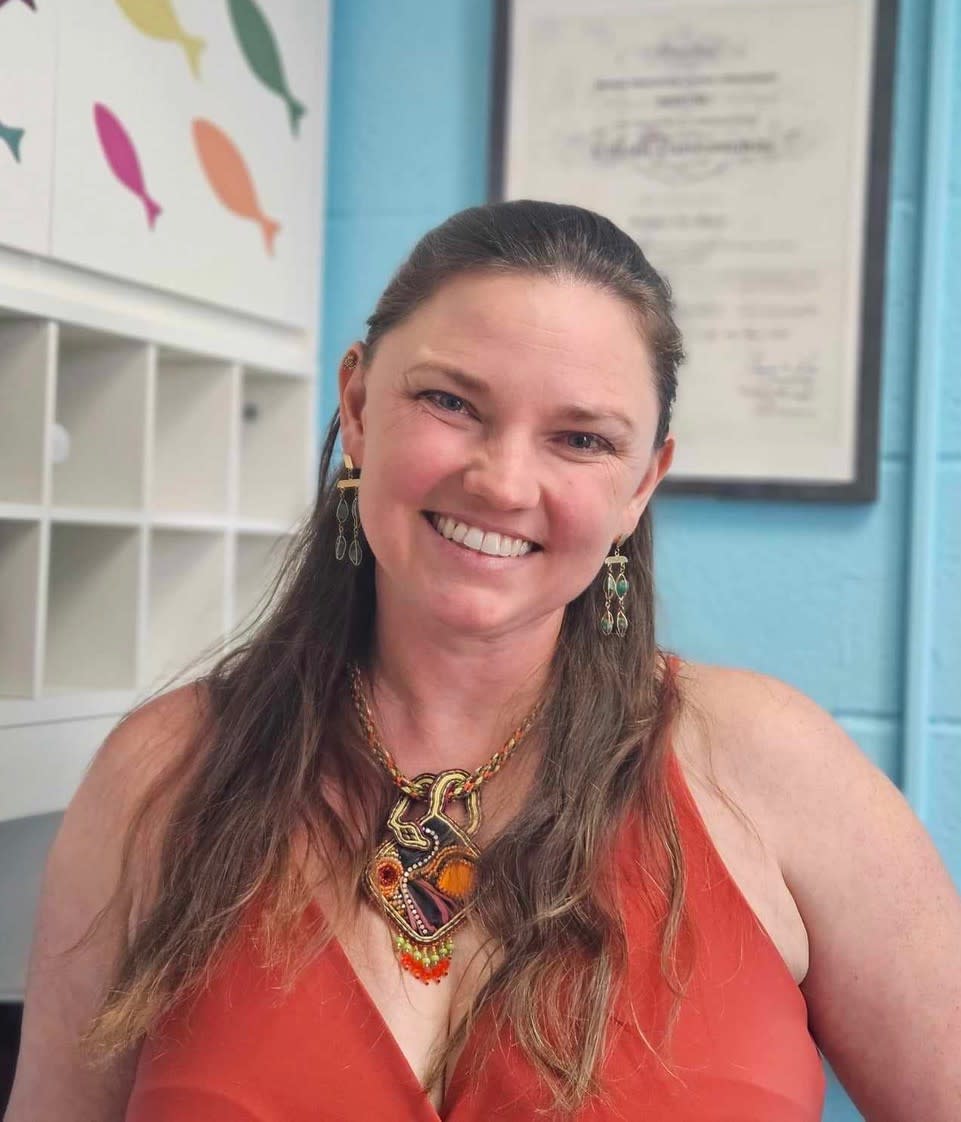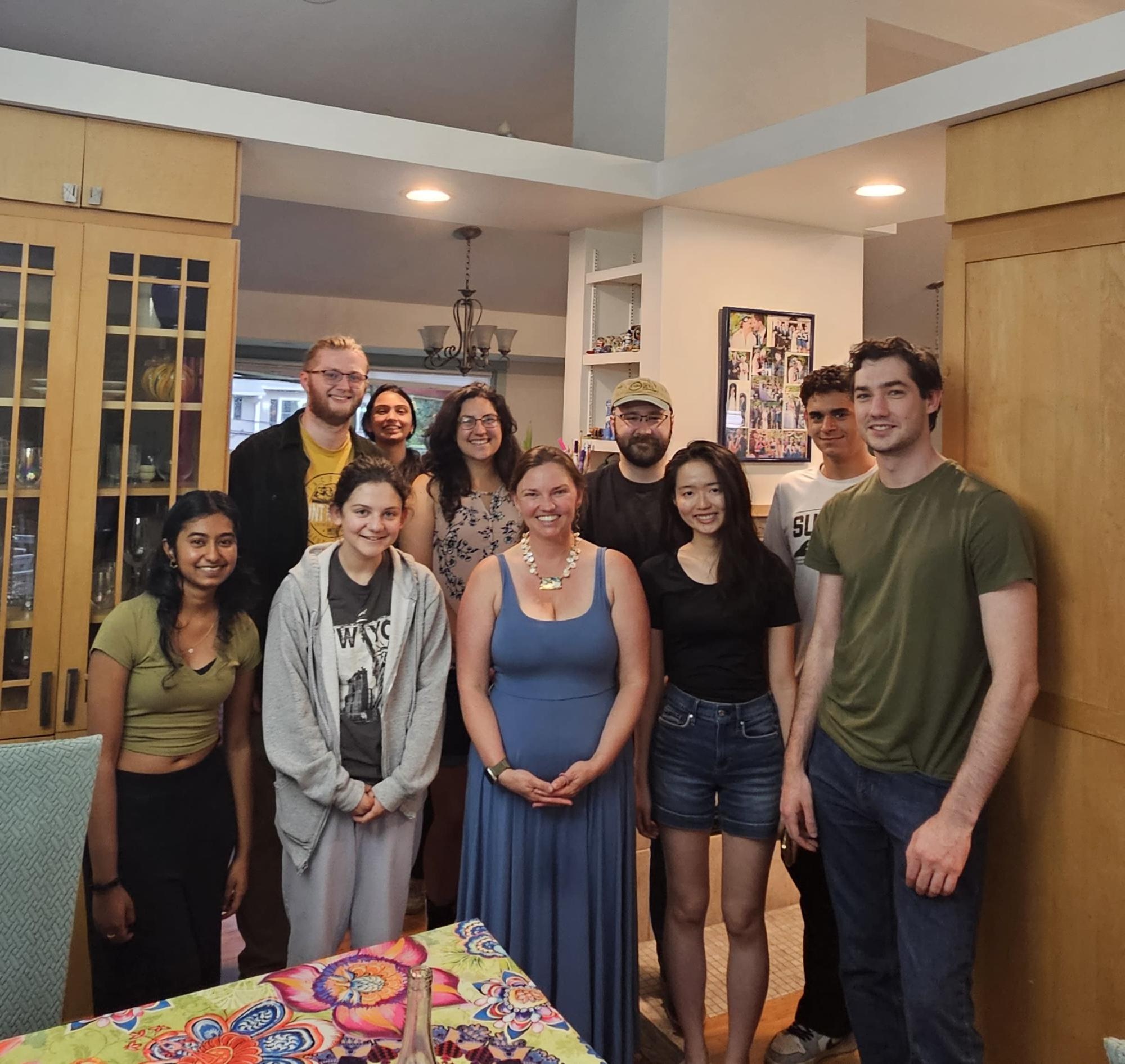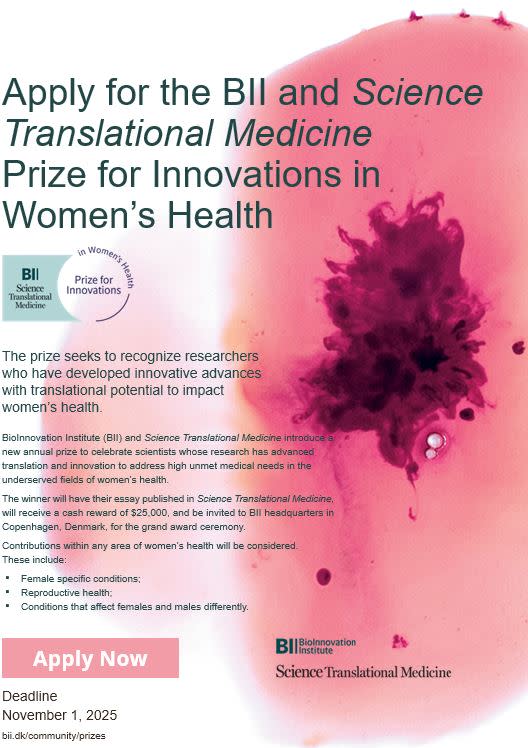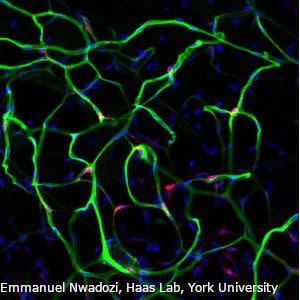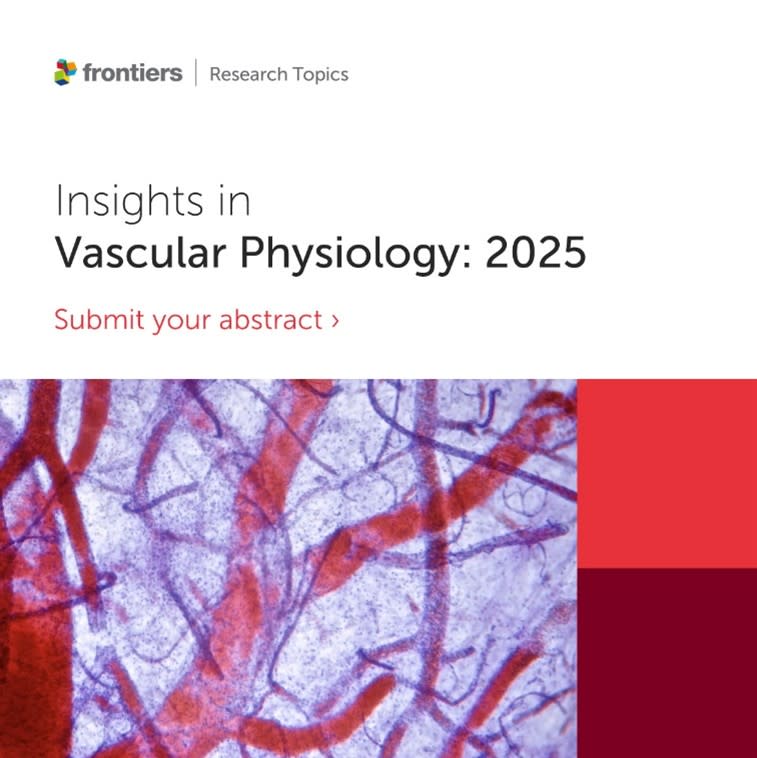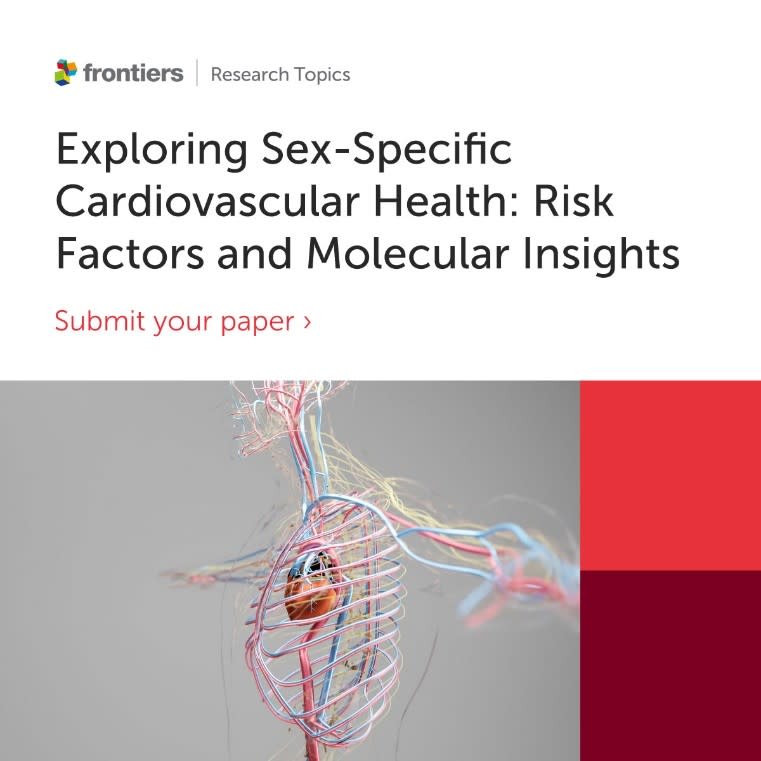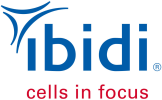|
View this Newsletter Online |
|
|
|
|
October 2025 |
|
President's Message |
|
I hope everyone is enjoying the break from the summer heat (which hits a bit different here in Louisiana) as we move into the autumn months. Consistent with the rest of 2025, the recent federal shutdown has introduced real uncertainty, and many NIH activities are paused. Submissions through eRA and Grants.gov remain available with limited support, but peer review and new awards are on hold, and everyone is doing their best to keep labs steady while we wait for Congress to act. It helps to keep perspective. There has been bipartisan movement away from the most drastic NIH cuts, and our partner groups are continuing to press for a strong final appropriation so we can get back to the business of discovery.
Science still moves. Nobel Prize week is here, and it is a yearly reminder that careful work, often supported over many years, can change the way we think about health and disease. I love that the stories behind these prizes often begin with curiosity, persistence, and a supportive community. They also highlight how important it is to celebrate trainees and early career scientists who will carry the field forward.
With that spirit, I am really looking forward to seeing you in Cape Cod at VB2025. We have not been back there in several years, and for many of us it was the first place we met alongside our Microcirculatory Society colleagues. I remember strong poster sessions and, |
|
yes, great food. What makes this meeting special is the chance to connect across the cardiovascular research community and to lift up our trainees. There will be 65 short talks this year, primarily from trainee members, and the poster sessions are consistently packed, with conversations at and around the boards that are a highlight of the week. If you are attending, plan to linger at posters, seek out the trainee talks, reconnect with colleagues, and help welcome first timers. I am grateful for the energy you are pouring into your labs and trainees right now, and I cannot wait to catch up with you on the Cape.
Wayne Orr, PhD |
|
|
Congratulations to Callie Kwartler |
|
|
Recipient of the 2025 Springer Junior Investigator Award Callie Kwartler, Ph.D., University of Texas Health Science Center, Houston, is the recipient of the 2025 Springer Award. Dr. Kwartler will give the Springer Junior Investigator Award Lecture titled, “An epigenetic link between metabolism and smooth muscle cell differentiation,“ on October 22 at Vascular Biology 2025 in Cape Cod, Massachusetts.
The Springer Junior Investigator Award is supported by “Angiogenesis,” published by Springer Nature. |
|
NAVBO Membership Business Meeting |
|
|
Mark your calendar for Wednesday, November 12 at 1:00pmET to attend the Membership Business Meeting. As we have done for the past few years, the Business Meeting will be held virtually. More information and a link will be sent to members only via email. |
|
New Workshop - February 2026 |
|
|
Endothelial cells are the central component of vascular networks, modulate their behavior dynamically during angiogenic growth, interact with very diverse cell types both in the circulation and in their tissue environment, and play numerous indispensable roles during development and throughout life. Endothelial cells also contribute to major pathologies such as atherosclerosis, cardiac ischemia, and other vascular diseases. This workshop will explore the remarkable adaptability of endothelial cells, highlighting cutting-edge research within a rich historical framework. Sessions will feature invited speakers and short talks selected from abstracts, covering topics such as Developmental Phenotypes, Organ-specific Specialization, Vessel-Tissue Interactions, Cellular Heterogeneity and Plasticity, Mechanotransduction, and Disease Phenotypes. The image is cropped from a panel in Liu Z et al (2024). Angiogenesis
Abstract deadline November 20 - Submit here! |
|
Vascular Biology 2025 |
|
|
|
Save $$$ - Register online by 10/17 for Vascular Biology 2025 |
|
Thank you to Supporters of VB2025 |
|
VB2025 Exhibitors |
|
Visit the Exhibitor Guide to learn more about our exhibitors |
|
Did You Know . . . |
|
Spotlight on Trainees |
|
Graduate study at the Cold Spring Harbor Laboratory Are you seeking a highly personalized, rigorous, and dynamic graduate training experience? If so, Cold Spring Harbor Laboratory warrants a close look. Students at the CSHL School of Biological Sciences complete diverse coursework, laboratory rotations, and qualifying exams within their first year. A two-tiered mentoring program allows our students to benefit from the mentorship of research and academic advisors. Students are fully funded from the moment of acceptance—stipends, tuition, full health and dental insurance, new laptop computer, and research costs—allowing them to pursue any discipline and join any lab. A Virtual Open House will be held on November 4. The deadline for completed applications is December 1, 2025. |
|
Lessons Learned |
|
|
Natasha O'Brown, Ph.D. Natasha O’Brown's journey to securing a faculty position was marked by perseverance through setbacks, including the COVID-19 pandemic, which delayed her job market entry. She developed a unique research niche using zebrafish to model the blood-brain barrier, which became central to her academic identity. Starting with just one undergraduate student, her lab at Rutgers University grew to include graduate students, a technician, and a postdoc. She emphasizes the importance of fit, self-advocacy, community building, and work-life balance. To read the full article, click here. |
|
Lab of the Month |
|
|
This month we’re highlighting the lab of Dr. Natasha O’Brown, an Assistant Professor at Rutgers University and 2025 Freeman Hrabowski HHMI Scholar. The O’Brown lab utilizes imaging, genetic, and single-cell approaches in zebrafish and mouse models to define the signals governing the development of the blood-brain barrier (BBB) and understand how the BBB becomes compromised in neurological disorders.
|
|
Member News |
|
Welcome to our New Members: Gerardo Cruz-Marquez, LSUHS Jazzmyn Dawes, Penn State College of Medicine Bongnam Jung, Nantes University Jung Hoo (Janet) Kwon, University of California, Davis Mohita Maurya, Brigham and Women's Hospital Vivek Nanda, University of Alabama at Birmingham Stefano Tarantini, University of Oklahoma Health Sciences Center Luisa Weiss, Brigham & Womens´s Hospital, Harvard Medical School Aiden Xia, iLab Research Institute Hanming Zhang, Yale University Liping Zhang, Brigham and Women's Hospital, Harvard Medical School |
|
Recent Member Publications |
|
p53 maintains lineage fidelity during lung capillary injury-repair in neonatal hyperoxia Bronchopulmonary dysplasia (BPD), a prevalent and chronic lung disease affecting premature newborns, results in vascular rarefaction and alveolar simplification. Although the vasculature has been recognized as a main player in this disease, the recently found capillary heterogeneity and cellular dynamics of endothelial subpopulations in BPD remain unclear. Read More
Satellite Cell Ablation Limits Myofiber Regeneration but Not Angiogenesis Following Skeletal Muscle Injur Objective: Myotoxin injury of skeletal muscle disrupts myofibers and fragments capillaries. Following injury, myofibers and capillaries regenerate in concert; however, it remains unresolved whether myogenesis and angiogenesis are interdependent processes. We tested the hypothesis that myofiber regeneration is required for revascularization. Read More
If you recently published a paper and would like to have it included in a future issue of the NAVBO NewsBEAT and/or on our web site. Please send the citation to membership@navbo.org |
|
Industry News |
|
New NIH Center to standardize organoid research methodologies and resources The NIH has announced the award of contracts for launching the Standardized Organoid Modeling Center, a national resource seeking to develop organoid-based screening platforms that deliver patient-centered research findings and reduce reliance on animal modeling. Initial focus will be on organoid models of the liver, lung, heart, and intestine, with plans to expand into the brain, thymus, and other disease-specific models. The Center is designed to support researchers across academic institutions, industry, and government, as well as regulatory agencies and clinicians. and precision medicine experts seeking patient-specific models.
National Academies sustain scholarship in support of K-12 science education NASEM’s 2012 Framework for K–12 Science Education set out to change the way science is taught and learned across the US. Today, nearly every state has used the Framework to modernize science standards — creating consistency across grades, strengthening curricula and assessments, and facilitating collaboration across state lines. The goal is to prepare students to think like scientists, able to explore, question, and make sense of the world around them. NASEM has produced workshops, practitioner guides, and consensus study reports (e.g., supporting teachers’ professional development) to give educators practical ways to put evidence-based practices into action.
Government shutdown slams brakes on US research enterprise The government shutdown effective October 1 stems from congressional failure to pass either appropriations for the 2026 fiscal year or a continuing resolution that extends FY25 funding. As noted by the AAU, most “nonessential” government activities come to a halt during a shutdown. The National NIH and NSF have stopped reviewing grant proposals and making new awards, creating backlogs and delays across the biomedical research enterprise. While institutions with active grants can usually continue to draw funds during a shutdown, they cannot get technical or administrative support from agency staff. The NIH has also stopped admitting most new patients for its clinical trials, and basic research performed by NIH scientists comes to a halt. |
|
Call for Papers and Awards |
|
|
|
|
Frontiers In Cardiovascular Medicine Research Topic: Advances in Vascular Malformations: From Molecular and Cellular Mechanisms to Clinical Therapies and Management Topic Editors: Jennifer Fang, Elisa Boscolo, Miguel Lopez-Ramirez, Alexandre Dubrac NAVBO is sponsoring this Research Topic through our partnership with Frontiers in Cardiovascular Medicine. Vascular malformations refer to a wide range of structural abnormalities that can affect all vessel types in the blood and vascular lymphatic trees – including arteries, capillaries, and veins. Vascular malformation diseases can be inherited or can occur spontaneously; however, in all cases, resulting vascular lesions can significantly compromise cardiovascular and organ function and reduce patient quality-of-life.
In this Research Topic, we aim to gather contributions from scientists and clinicians to share recent advances in our understanding of the biology and treatment of vascular malformations. Ultimately, our goal is to accelerate the development of new therapeutic treatments for patients with vascular malformations affecting blood or lymphatic vessels.
Specific areas of interest are listed on the webpage: The deadline for manuscript submission is December 29, 2025. If you are interested in participating in this Topic, we encourage you to consider submitting a proposed manuscript summary by September 24, 2025.
|
|
|
|
Frontiers In Cardiovascular Medicine Research Topic:
NAVBO is sponsoring this Research Topic through our partnership with Frontiers in Cardiovascular Medicine. Mechanotransduction—the process by which cells detect and convert mechanical stimuli into biochemical signals—is essential for embryonic development, organogenesis, and the maintenance of tissue homeostasis. It also plays a pivotal role in disease progression. This is especially true in the cardiovascular system, where cells are constantly exposed to complex mechanical forces, including shear stress, cyclic stretch, and pressure. In addition to these biomechanical stimuli, cardiovascular cells respond to cues from the extracellular matrix (ECM) in a dynamic, three-dimensional microenvironment. Notably, these cells not only sense and respond to mechanical forces of varying magnitude, direction, and frequency but also actively participate in remodeling their biomechanical surroundings. Specific areas of interest are listed on the webpage The deadline for manuscript submission is January 5, 2026. If you are interested in participating in this Topic, we encourage you to consider submitting a proposed manuscript summary by September 17, 2025. |
|
|
|
|
BMC Biology is calling for submissions to theirr Collection on vasculogenesis and angiogenesis in vivo and in vitro. This Collection aims to bring together cutting-edge research that explores the cell and molecular mechanisms and therapeutic applications of blood vessel formation in health and disease. Tara Haas, York University, is one of the guest editors. Deadline for submission is February 22, 2026. Download the flyer for more information.
|
|
|
|
This Research Topic will constitute the second volume of the Insights in Vascular Physiology series. The 2025 volume invites submissions of original papers, reviews, or perspectives on such topics as abdominal aortic aneurysm, impact of microbiome on vascular physiology, cerebral microcirculation, and coronary microcirculation (see the link below for full topics list). This issue is edited by Drs. Luis A. Martinez-Lemus, University of Missouri, Columbia, USA; Christopher Garland, University of Oxford, Oxford, UK; Francesco Moccia, University of Molise, Campobasso, Italy; and Andrew P Braun, University of Calgary, Calgary, Canada. Frontiers | Insights in Vascular Physiology: 2025, Submission Deadline: November 2025 |
|
|
|
|
|
This collection focuses on the biochemical determinants and risk factors that contribute to the sex differences in cardiovascular disease initiation, development, presentation, and diagnosis. Specific areas of interest include coronary disease, microvascular dysfunction, hormonal and non-hormonal mechanisms of sex-related cardio protection, vascular biomechanics, and impacts of gender (as distinct from biological sex) and related lifestyle on cardiovascular health. The topic editors are Drs. Irena Levitan, University of Illinois Chicago, Catherine Martel, Universite de Montreal, and Benard Ogola, Augusta University. Frontiers | Exploring Sex-Specific Cardiovascular Health: Risk Factors and Molecular Insights. |
|
NAVBO Corporate Partners |
|
NAVBO Corporate Member |
|
Calendar of Events |
|
|
Job Postings |
|
|
|
|
North American Vascular Biology Organization |


